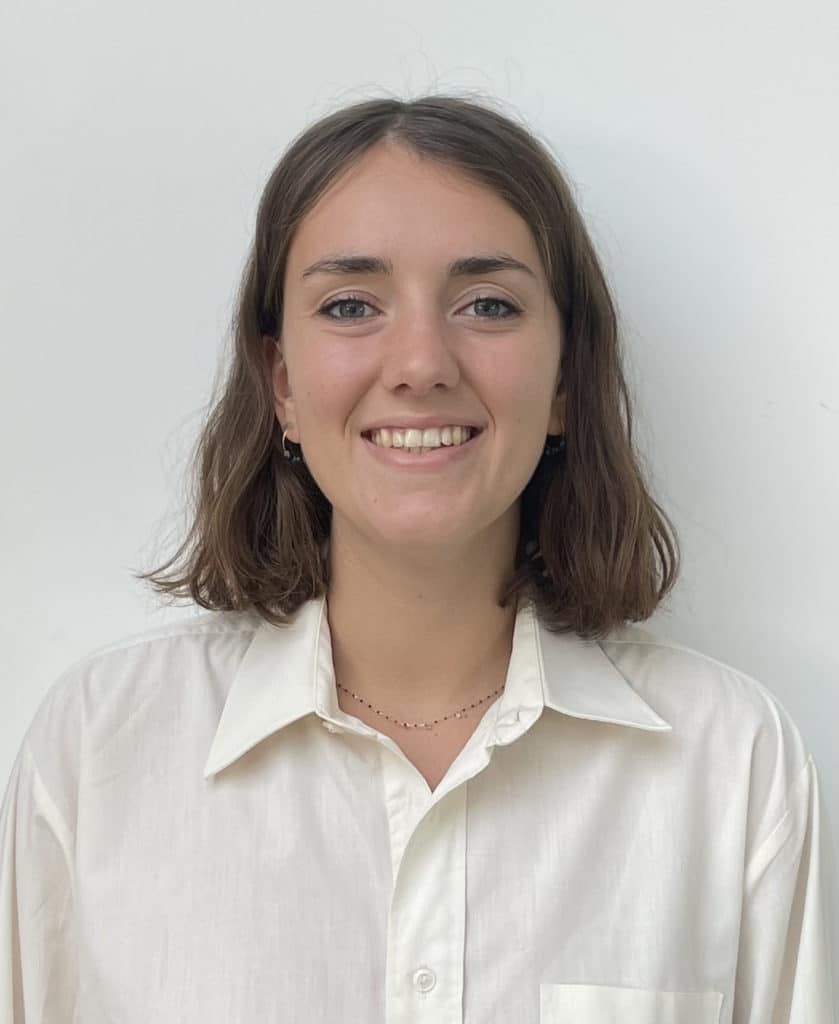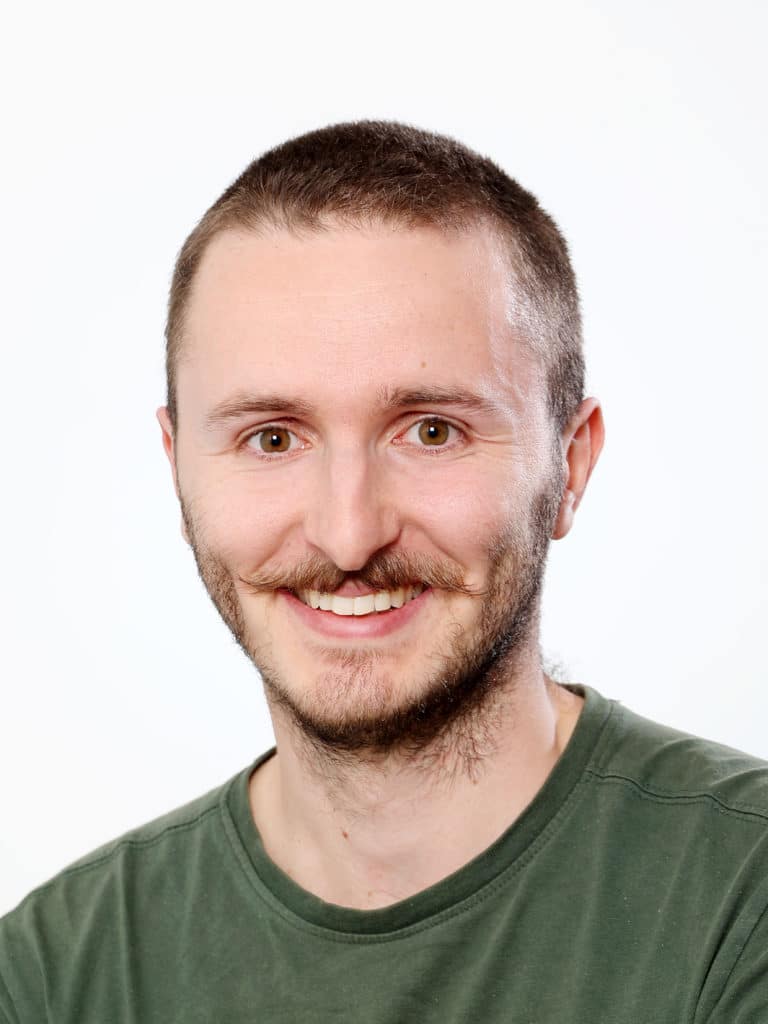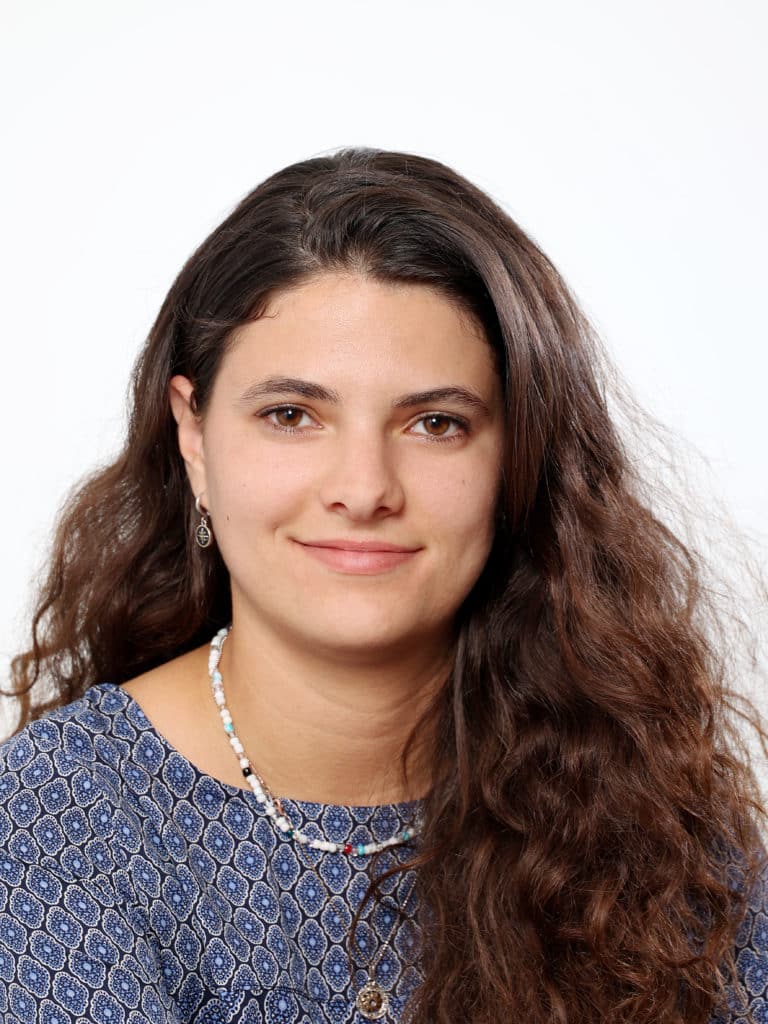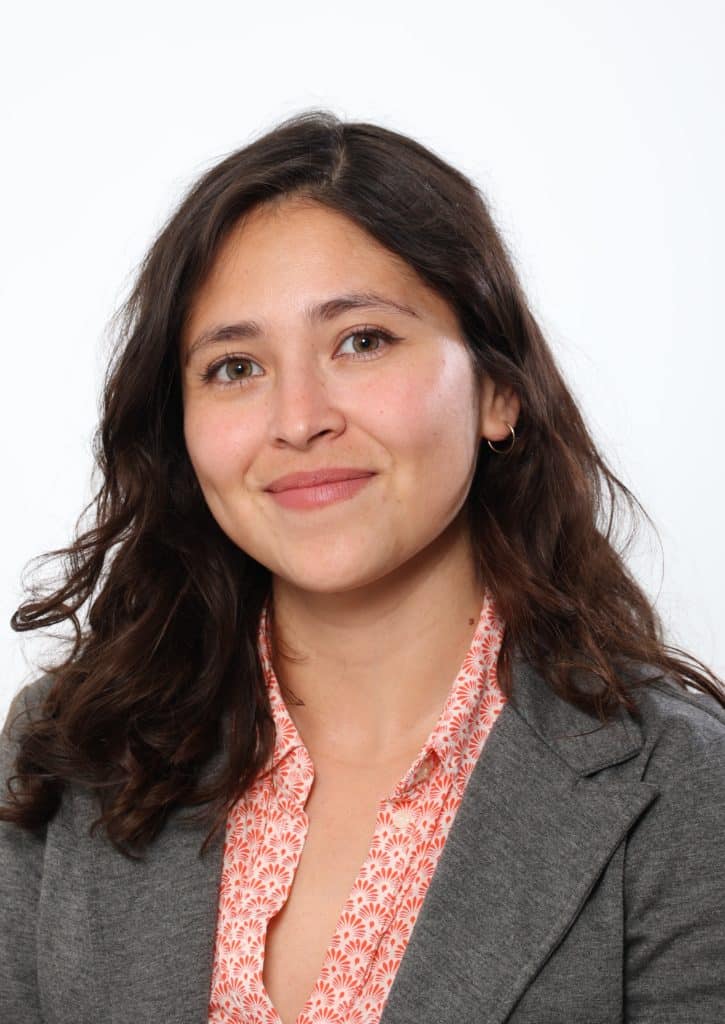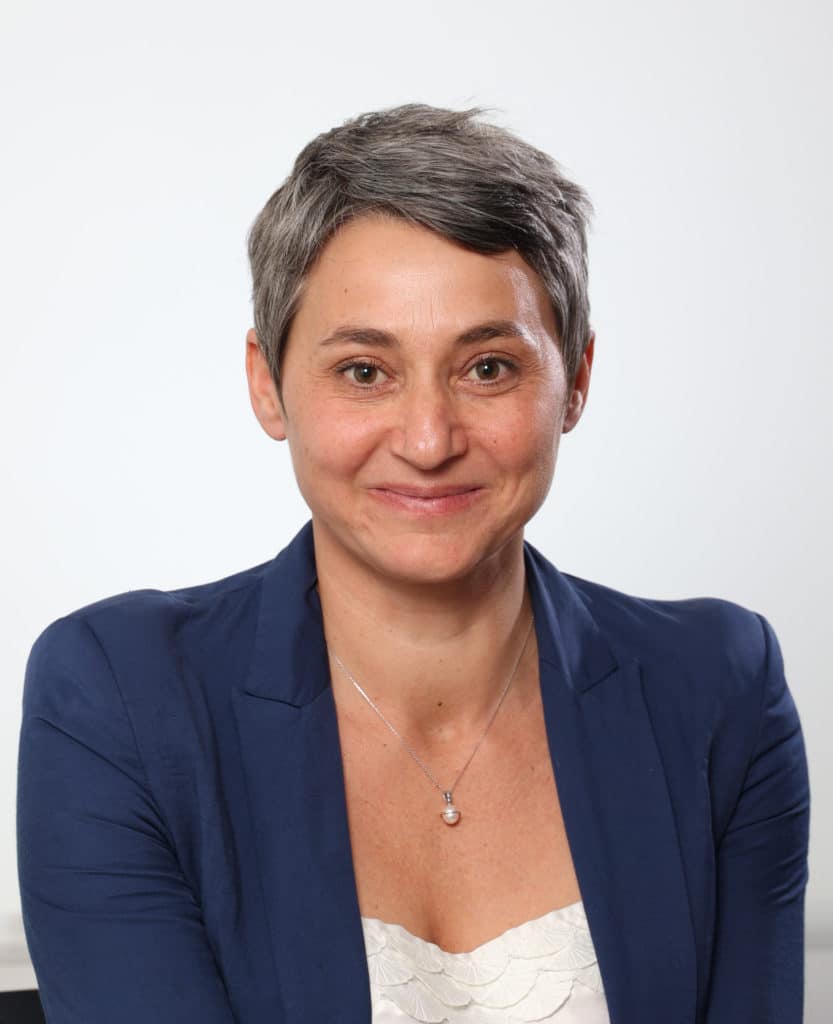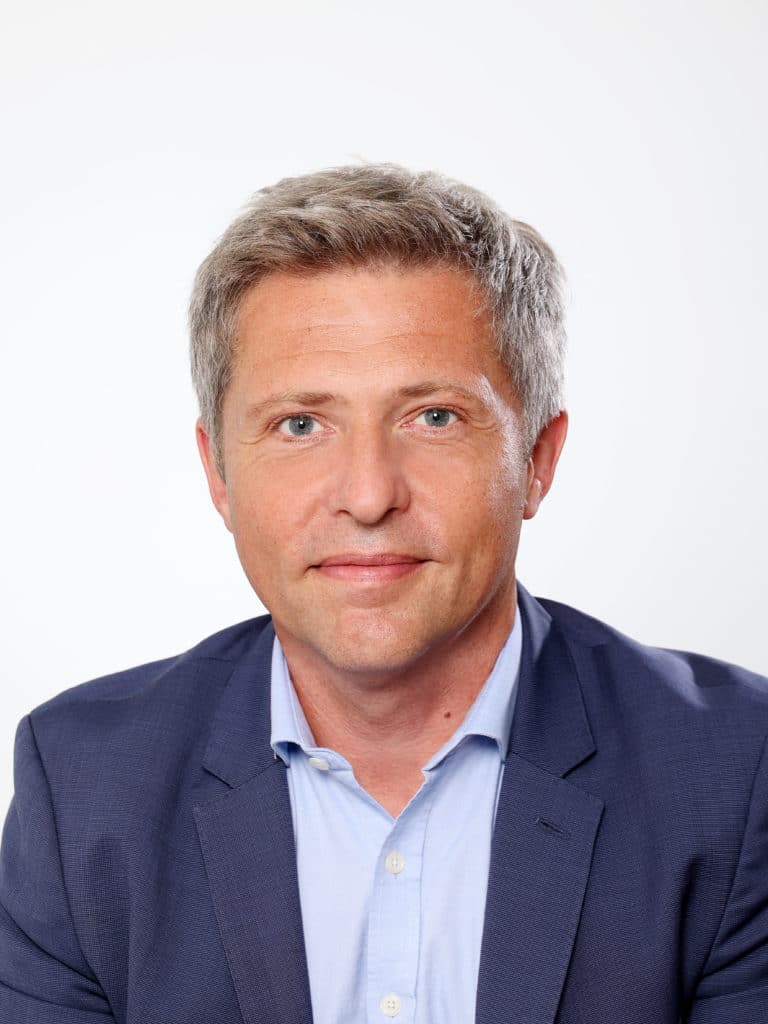France Villes et territoires Durables tient à remercier tout particulièrement les membres des différents collèges de l’association (Etat, entreprises, experts) qui se sont mobilisés pour faire de cette journée un succès.
Retrouvez en images cette journée d’échanges :
/// MATIN – Plénière : introduction et fondamentaux
- Patrice VERGRIETE, Maire et Président de la Communauté Urbaine de Dunkerque
- Sébastien MAIRE, Délégué général de France Villes et territoires Durables : les fondamentaux des territoires durables
- Patrick VAESKEN, Charlotte BOYABAL, Christophe LESTOQUOY et Nathalie DOMINIQUE (CUD, ville de Dunkerque et AGUR) : présentation du quartier, diagnostic et ambitions
- Bruno BESSIS (visio), Conseiller ville durable et international à la Direction générale de l’aménagement du logement et de la nature (DGALN), au sein des Ministères de la transition écologique et de la cohésion des territoires.
- Virginie THOMAS (visio), Directrice du programme national d’expérimentation et de recherche REHA au sein du PUCA, service interministériel rattaché à la DGALN.
- Séance de questions / réponse
/// APRES-MIDI – Ateliers participatifs
Atelier n°1 – Quels leviers pour la rénovation du bâti existant ? (13 H 30 – 15 H 45)
Animation : Christophe Leikine (France Villes et territoires Durables)
La rénovation et « l’actualisation innovante du bâti existant » : quelles orientations, quels leviers et quelles solutions concrètes à l’aune des nouveaux fondamentaux de la ville durable ? Trois aspects sont particulièrement interrogés lors de l’atelier :
- le financement d’une telle opération ;
- la méthode globale et les procédés techniques pour la rénovation du bâti existant (énergie, acoustique, confort et qualité de vie quotidienne…) ;
- l’adhésion et mobilisation des habitants pour une opération en site occupé.
Présentations inspirantes :
- Bruno BESSIS et Elise MARION (DGALN – visio)
- Alice CAILLOUEL, Yolaine PAUFICHET et Julien PICHON (Conseil National de l’Ordre des Architectes)
- Philippe CERS, Responsable du programme Rénovation – Direction régionale Hauts-de-France EDF
Atelier n°2 – Quelles opportunités pour des mobilités renouvelées ? (13 H 30 – 15 H 45)
Animation : Camille Waintrop-Boyon (France Villes et territoires Durables)
Le développement des mobilités douces, l’accès aux communs et aux services, les continuités avec les quartiers voisins et les espaces naturels, la place de la voiture et le renouvellement de l’offre de stationnement : autant de questions liées à la requalification du bâti et des espaces. Quels outils, méthodes et solutions innovantes peuvent dessiner des relations et cheminements efficaces et apaisés à l’aune des nouveaux fondamentaux de la ville durable ? Comment faire système dans le cadre d’un projet global conjuguant qualité de vie, lien au canal retrouvé, essor des activités, services, formations et emplois ?
Etat des lieux sur le stationnement : Nathalie DOMINIQUE, (AGUR, CUD, Ville de Dunkerque)
Présentations inspirantes :
- David MICHON, Chef du service commercial de COLAS Hauts-de-France
- Lionel AMANN, Directeur de projets urbains chez Linkcity
Atelier n°3 – Comment renforcer la place de la nature dans le quartier ? (13 H 30 – 15 H 45)
Animation : Sébastien Maire (France Villes et territoires Durables)
Du quartier des Glacis à « Glacis-les-Bains », « Glacis-Canal » ou « Glacis le bois habité » ?
Ou comment interroger l’identité du quartier en envisageant le canal comme possibilités d’usages et d’attractivité renouvelée, le renforcement de la place de la nature et de la biodiversité, les nouvelles trames vertes entre les différents parcs et espaces verts, la revalorisation du quartier par l’approche paysagère… A l’aune des publications et préconisations pour des territoires plus durables, quels leviers actionner pour mêler rénovation des espaces publics existants et renforcement de la nature en ville ?
Présentations inspirantes :
- Jean-Marc SIPAN, Vice-président de l’Union Nationale des Entreprises du Paysage (UNEP).
- Alexandre GELLE, Solideo (visio)

